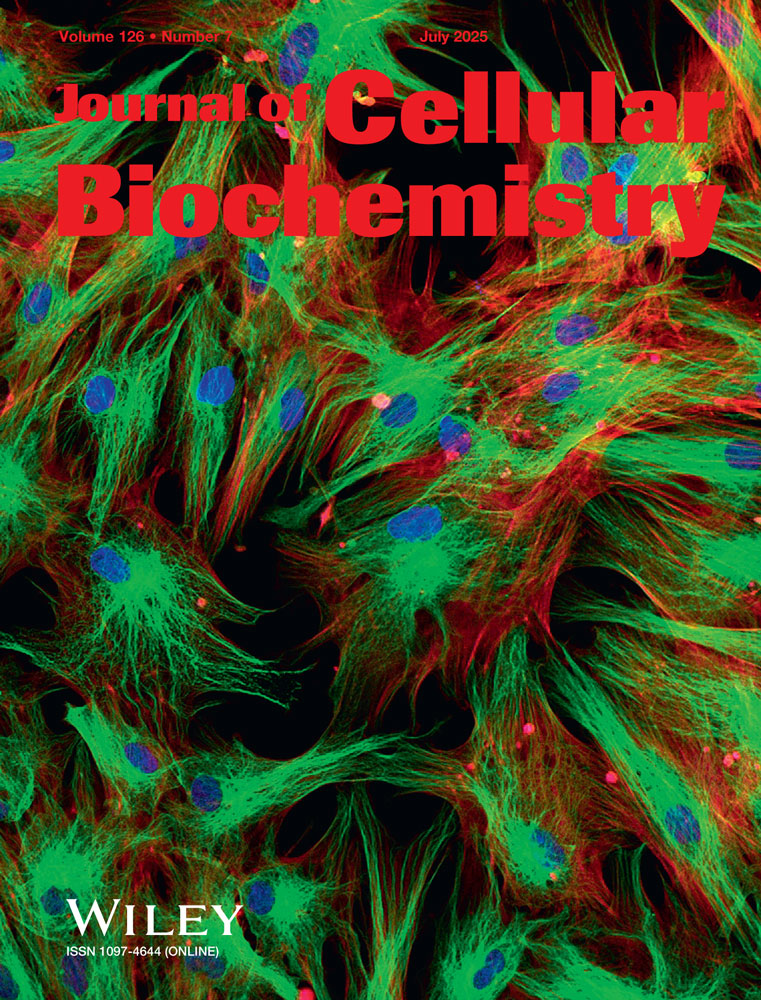Selective in vitro transcription of chloroplast genes
Abstract
Transcription of Euglena gracilis chloroplast genes has been investigated by using in vitro transcription systems. A DNA-dependent RNA polymerase responsible for the transcription of rRNA genes has been isolated as a nucleoprotein complex (transcriptionally active chromosome). The RNA polymerase remains tightly bound to the chloroplast DNA template and does not initiate transcription with cloned chloroplast genes. A transcriptionally active extract has been prepared from intact Euglena chloroplasts. The soluble RNA polymerase in this extract recognizes cloned chloroplast tRNA genes and tRNA-sized products have been detected after transcription. The tRNA-sized molecules specifically hybridize to the tRNA genes in the plasmid DNA. At least five tRNA-sized products have been identified from transcription of a trnY1-trnH1-trnM1-trnE1-trnW1-trnG1 cluster. Evidence is also presented that processing enzymes in the chloroplast-extract can recognize a polycistronic tRNAVal-tRNAAsn-tRNAArg precursor and process it into tRNA-sized molecules. Truncated templates have been used to demonstrate that the chloroplast tRNA genes are actively transcribed. From a comparison of 5′ flanking sequences in chloroplast tRNA genes, a consensus sequence which might function as a promoter, has been identified. The properties of the RNA polymerase involved in the transcription of chloroplast rRNA genes and tRNA genes have been investigated and compared.




